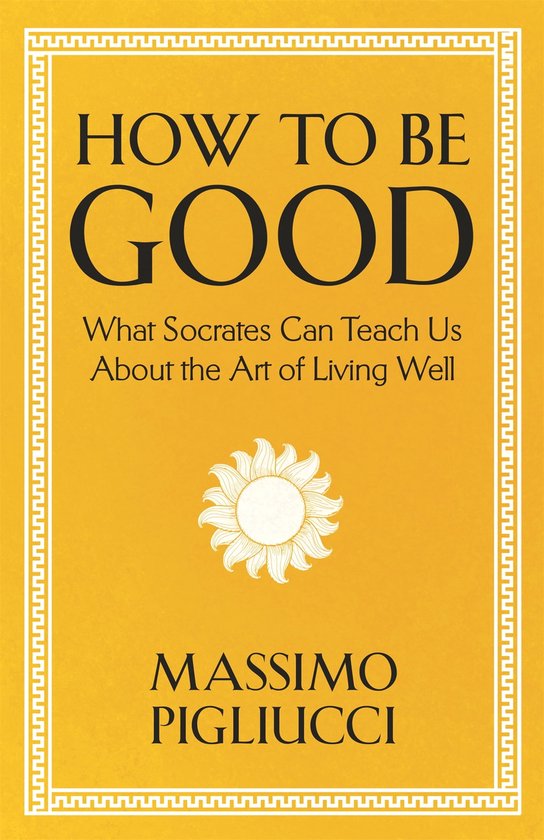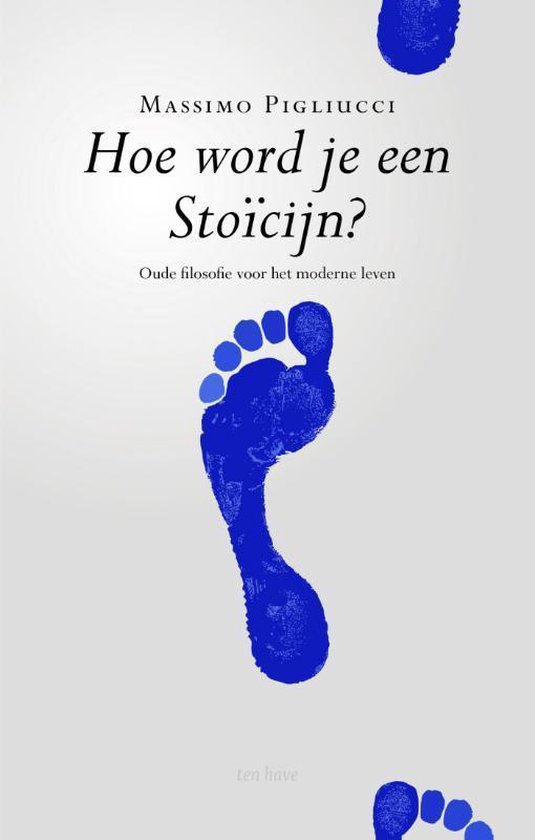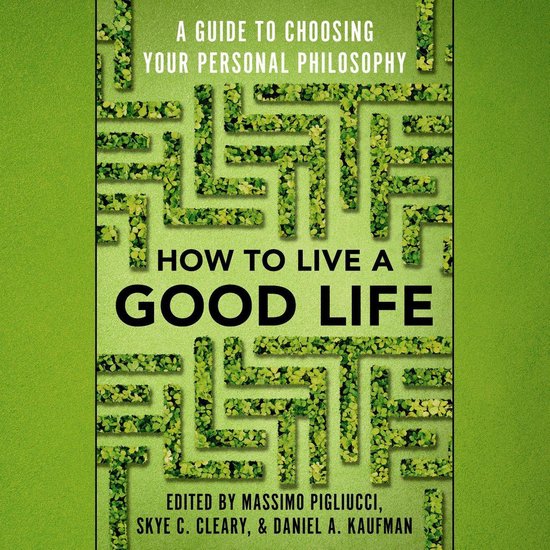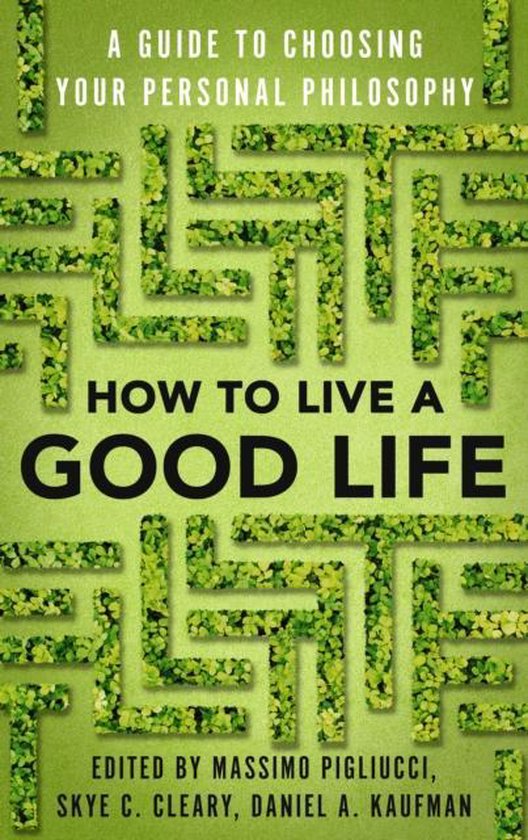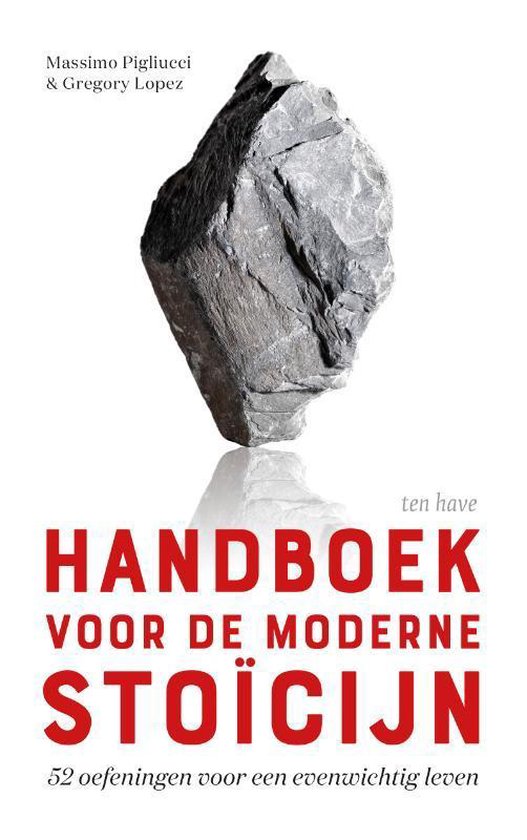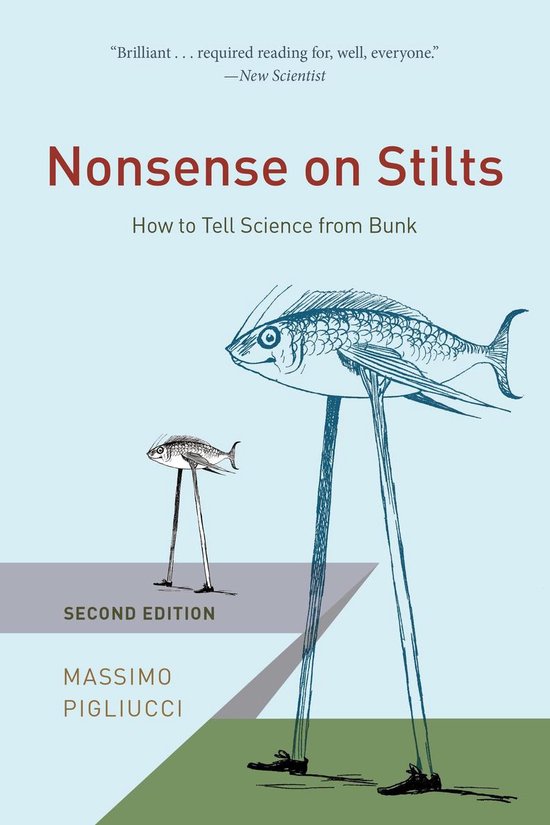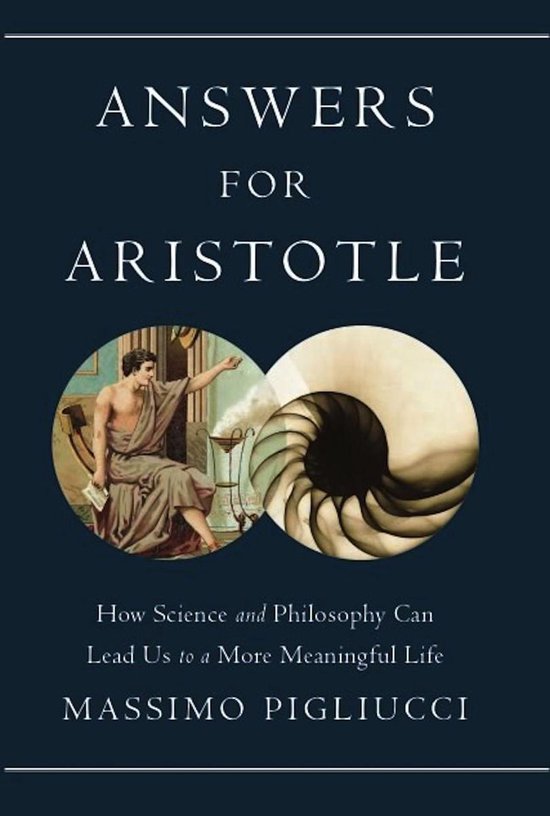
Answers for Aristotle
Consider the following scenario: you"re walking on a bridge and notice a trolley on the tracks below. To your horror, the trolley is hurtling directly toward five innocent bystanders. You also see a lever nearby: if you pull it, you can divert the trolley to a different track. The catch is that diverting it will guarantee the death of a sixth person nearby. Would you pull the lever?
Most people unhesitatingly answer yes—happy to sacrifice one life to save five—but balk if, instead of simply pulling a lever they were required to push a person off the bridge to stop the trolley—even if the result stays the same. A philosopher would claim that the two problems are identical from a moral perspective, but a neuroscientist would argue otherwise: in the first instance, the major decision-making role is played by a brain area usually involved in rational cognition, while in the second, an area related to the experience of emotions takes over. Science reveals that the two problems, apparently similar in form and content, are processed very differently by the brain—we are human beings, after all, not robotic moral calculators.
The trolley dilemma provides a good example of how we can combine science and philosophy to fruitfully inform our decision making—the ambitious goal of philosopher and biologist Massimo Pigliucci"s Answers for Aristotle. He shows how we can combine these modes of thinking to begin to understand how we make certain decisions (science), but also why those decisions may not be for the best (philosophy). Pigliucci argues that we need to reclaim both science and philosophy as guides to understand and navigate the world, to help us construct our own individual pursuits of happiness.
Answers for Aristotle covers six classic areas of philosophical interest:
• How do we tell right from wrong (morality)?
• How do we know things (epistemology)?
• Who are we (personal identity)?
• What are love and friendships (interpersonal relations)?
• How do we build a just society (politics)?
• Do gods exist or make a difference to our lives (metaphysics)?
In exploring these questions Pigliucci provides no facile answers, but instead furnishes the reader with the best tools that human intelligence has devised so far, ranging from the insights of Aristotle, John Stuart Mill and Immanuel Kant to modern research in neurobiology and evolutionary biology.
Rejecting the traditional polarity of science and philosophy, as well as the tidy triteness of self-help, Answers for Aristotle combines the two most powerful intellectual traditions in human history into a remarkable guide to making up our mind about what really matters and why.
Most people unhesitatingly answer yes—happy to sacrifice one life to save five—but balk if, instead of simply pulling a lever they were required to push a person off the bridge to stop the trolley—even if the result stays the same. A philosopher would claim that the two problems are identical from a moral perspective, but a neuroscientist would argue otherwise: in the first instance, the major decision-making role is played by a brain area usually involved in rational cognition, while in the second, an area related to the experience of emotions takes over. Science reveals that the two problems, apparently similar in form and content, are processed very differently by the brain—we are human beings, after all, not robotic moral calculators.
The trolley dilemma provides a good example of how we can combine science and philosophy to fruitfully inform our decision making—the ambitious goal of philosopher and biologist Massimo Pigliucci"s Answers for Aristotle. He shows how we can combine these modes of thinking to begin to understand how we make certain decisions (science), but also why those decisions may not be for the best (philosophy). Pigliucci argues that we need to reclaim both science and philosophy as guides to understand and navigate the world, to help us construct our own individual pursuits of happiness.
Answers for Aristotle covers six classic areas of philosophical interest:
• How do we tell right from wrong (morality)?
• How do we know things (epistemology)?
• Who are we (personal identity)?
• What are love and friendships (interpersonal relations)?
• How do we build a just society (politics)?
• Do gods exist or make a difference to our lives (metaphysics)?
In exploring these questions Pigliucci provides no facile answers, but instead furnishes the reader with the best tools that human intelligence has devised so far, ranging from the insights of Aristotle, John Stuart Mill and Immanuel Kant to modern research in neurobiology and evolutionary biology.
Rejecting the traditional polarity of science and philosophy, as well as the tidy triteness of self-help, Answers for Aristotle combines the two most powerful intellectual traditions in human history into a remarkable guide to making up our mind about what really matters and why.
| Auteur | | Massimo Pigliucci |
| Taal | | Engels |
| Type | | E-book |
| Categorie | | Wetenschap & Natuur |
